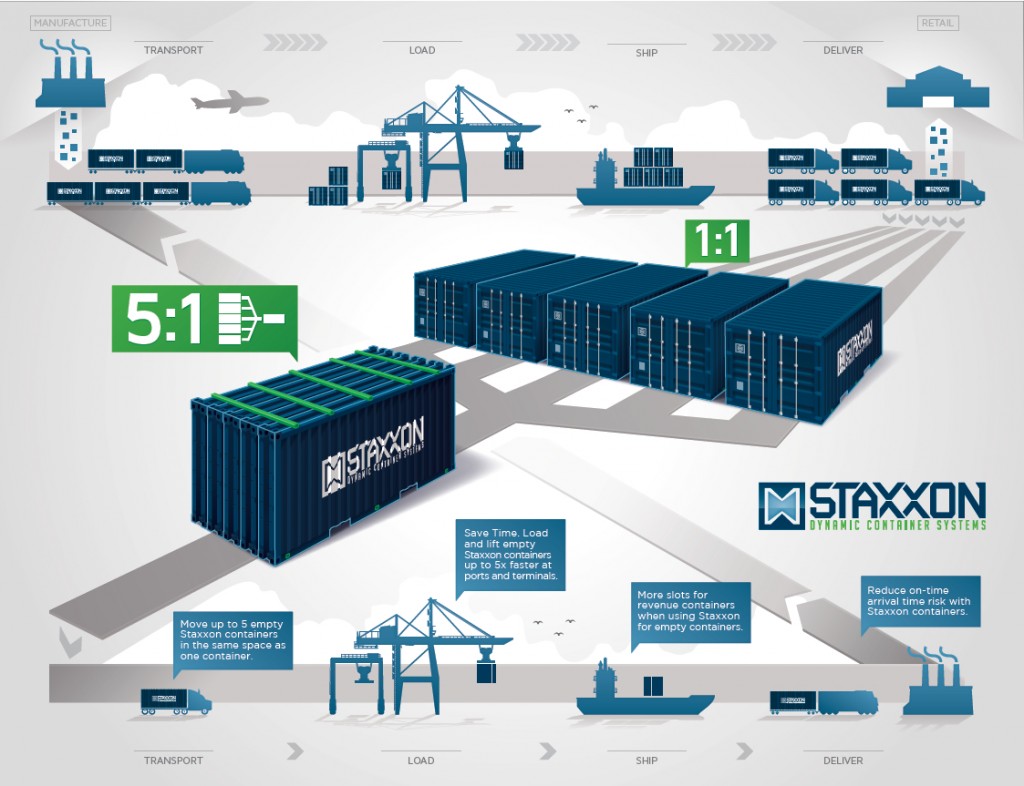On Saturday, the Cleveland Plain Dealer ran a guest post by Dr. Jeffery Canter. Canter is a retired professor of molecular physiology and biophysics at Vanderbilt University Medical Center and a consultant for many healthcare startups in Nashville.
Apparently Canter lived in Ohio before Nashville. In his piece Canter criticizes Ohio as a whole and offers a laundry list of tips to keep it’s talent, which he says Ohio is giving to Tennessee for free. All of this is based on people Canter has met who relocated to Nashville to launch their businesses. Canter makes a point that Ohio has paid for these people twice: “First, you paid for educations that were far better than ones these new Tennesseans would have received in Nashville. Second, these productive young people removed themselves from your tax base and left you behind to pay even higher taxes.”
At Nibletz our mission is clear: to give a voice to startups everywhere else. With offices in both Memphis and Cincinnati, we know a lot about the ecosystems of each state.
Tennessee has an impressive startup ecosystem. They were the second state region in the Startup America Partnership. There are 9 accelerator regions across the state that are administered by a public private partnership called Launch Tennessee. There are several incubator and accelerator programs, with the biggest being GigTank (Chattanooga), Jumpstart Foundry (Nashville), Seed Hatchery (Memphis), and Zeroto510 (also Memphis).
If you think there’s a lot of entrepreneurial and startup activity in Tennessee, you’re absolutely right, but some believe that Ohio has even more going on.
For starters the Brandery in Cincinnati is one of the top 10 startup accelerators in the country. Cincinnati also has the new Cintrifuse initiative, CincyTech for capital, and regularly holds events like Startup Weekend.
Traveling north, Columbus also has it’s share of exciting startup activities and initiatives. Columbus is home to not one but three accelerators; 1492, 10x, and the Founder’s Factory. TechColumbus is one of the driving forces behind the startup scene, and there are also plenty of resources for capital.
Move a little further north to Cleveland and there’s still NO shortage of startup activity. In fact the nationwide non-profit startup acceleration organization, Jumpstart Inc, is headquartered in Cleveland. Then again there’s not just one but two startup accelerators: LaunchHouse and the new FlashStarts founded by Cleveland serial entrepreneur Charles Stack.
So, what makes a good ecosystem?
Gary Hardin at Knoxville startup BounceIt tweeted us the other day, after we ran Entrepreneur Magazine’s 7 best places to startup. Hardin thought that Tennessee should be on that list because there’s no income tax. Makes logical sense, right? Maybe.
As all of our readers know, during the nationwide sneaker strapped road trip, we’ve seen nearly 100 different startup ecosystems in person and are often asked where would we move if we could go anywhere. We chose Memphis, and at that time we had no idea there was no income tax in Tennessee.
When a startup chooses an accelerator or to relocate for one reason or the other, it’s typically resource or industry related. Nashville is hot for medical devices (you’re probably thinking music, but medical devices definitely prevail). If I needed help with branding, I’d move to Cincinnati; automotive, yes we’d still move to Detroit, Government relations or government sales, DC and so on.
Native Memphian Sarah Lacy penned a column just days after her trip to Nashville’s Southland conference entitled “Memo to non-Valley, non-NYC ecosystems: No one you want cares about cost of living.” And guess what, they don’t. Facebook Co-Founder Dustin Moskovitz also says he wouldn’t move somewhere just for optimized taxes. In fact he said this 13 months before Lacy’s article.
Are the Plain Dealer and Dr. Canter just oblivious to what’s going on around them in the startup space?
There are two certain things certain in life: death and taxes. In general, startups are oblivious to both.
Where ever you are, you need to make plans to attend this startup conference for startups everywhere else.





